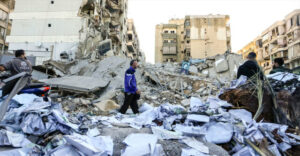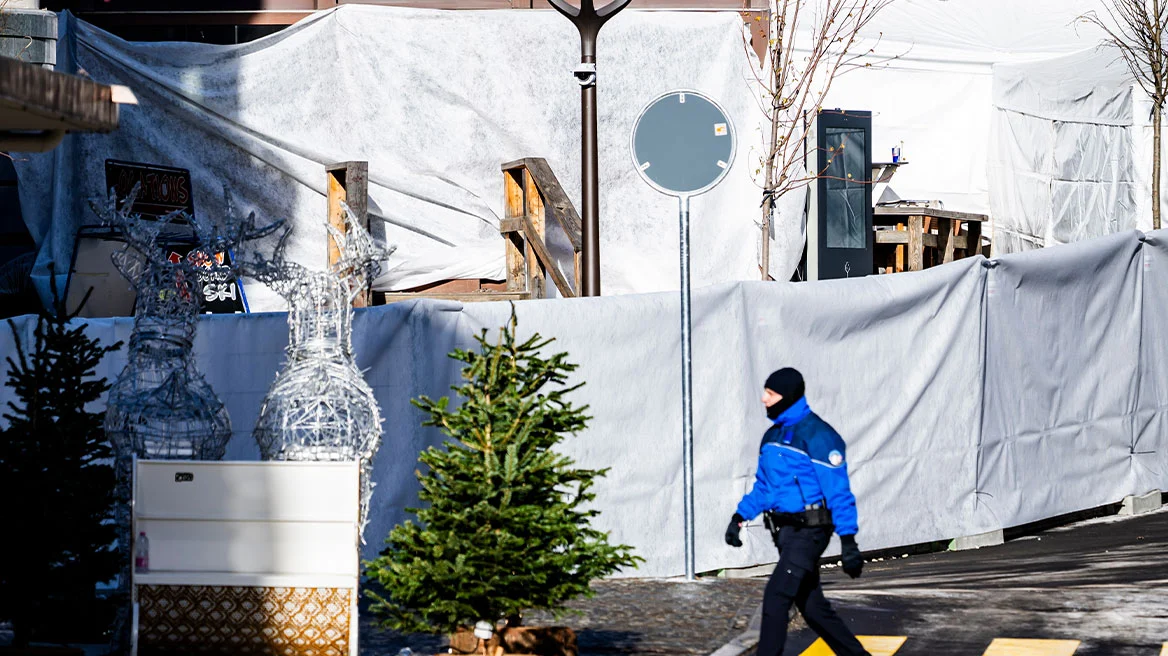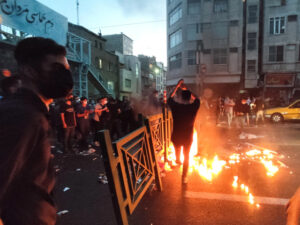Since Sunday night, Israeli fighter jets have been targeting specific locations where, according to widespread belief, there are no military targets. Early Monday morning, the IDF announced via a leak that it had struck the headquarters of Al-Qard Al-Hassan, a unique bank established by Hezbollah. This infrastructure is located in the southern suburb of Beirut, Dahiya, very close to where Israeli fighter jets killed Hassan Nasrallah in his hideout a month ago. But why is Israel spending millions on precision bombs for what is essentially a bank branch?
The building hit early Monday morning is not a simple bank but Al-Qard Al-Hassan, a peculiar banking entity set up by Hezbollah in 1982. It has lent more than $400 million to members of the Shia organization and Hezbollah itself. Tehran’s long arm established this to evade global economic sanctions and finance, with Iran’s active participation, the creation of a significant military threat to Israel.
The Israeli military has released video footage from one of its bombing raids that shows the targeting of a bank branch
— The Telegraph (@Telegraph) October 21, 2024
Follow the latest updates ⬇️https://t.co/LXr1WfzmIL pic.twitter.com/jmtmcg9vCJ
Al-Qard Al-Hassan might not be a “typical” bank, but it has given over $400 million in loans to businesses and ordinary members. In short, Al-Qard Al-Hassan represents Hezbollah’s entire banking and accounting infrastructure. By targeting branches of this bank, and last night the personal vault of Nasrallah, Israel knows it cannot destroy the organization’s funds because, following Nasrallah’s death, they’ve been “smuggled” away.
However strange it may seem, Hezbollah could survive and “rise again” without Nasrallah, but not without funds. Tel Aviv has another “phantom” figure in its sights—the individual managing Hezbollah’s entire financial operation. If Israel can eliminate this figure, it would strike at the heart of the organization’s economic plan, potentially marking Hezbollah’s downfall in the North, following the defeat of Hamas in the South.
Israel is not targeting the money as a material resource. It is well aware that Iran’s resources are vast and seemingly inexhaustible, always finding ways to funnel funds to the organization. What Israel is attempting is more complex: it seeks to sow panic within Hezbollah, much like the bombers did in early October. Al-Qard Al-Hassan’s depositors are not just Hezbollah members but primarily ordinary Shia citizens who, following Lebanon’s 2020 economic crash and the collapse of the local economy, rushed to withdraw their money from conventional systemic banks and placed it in Hezbollah’s vaults.
While these citizens may ideologically disagree with Hezbollah’s methods, “money brings people closer together.” Al-Qard Al-Hassan doesn’t offer deposit interest, but it provides three different loan programs for those who trusted it during the crisis. In fact, its mortgage loans were advertised in Lebanese media a few years ago as “the only ones without interest.”
With Israeli fighter jets now targeting not just Hezbollah’s Iranian millions but also the savings of ordinary citizens, it’s not unlikely that soon we could see mass mobilizations or even incidents outside the bank’s branches. Recent history, particularly after the massive explosion that shook Beirut’s port, has shown that social uprisings in Lebanon are more likely and larger in scale following economic collapse.
If Israel succeeds, it will have dealt a decisive blow to Tehran’s long arm by turning it against its own people. Following the bombers, Israel is now executing another “hybrid” strike, continuing what it began in the region a month ago
Ask me anything
Explore related questions





